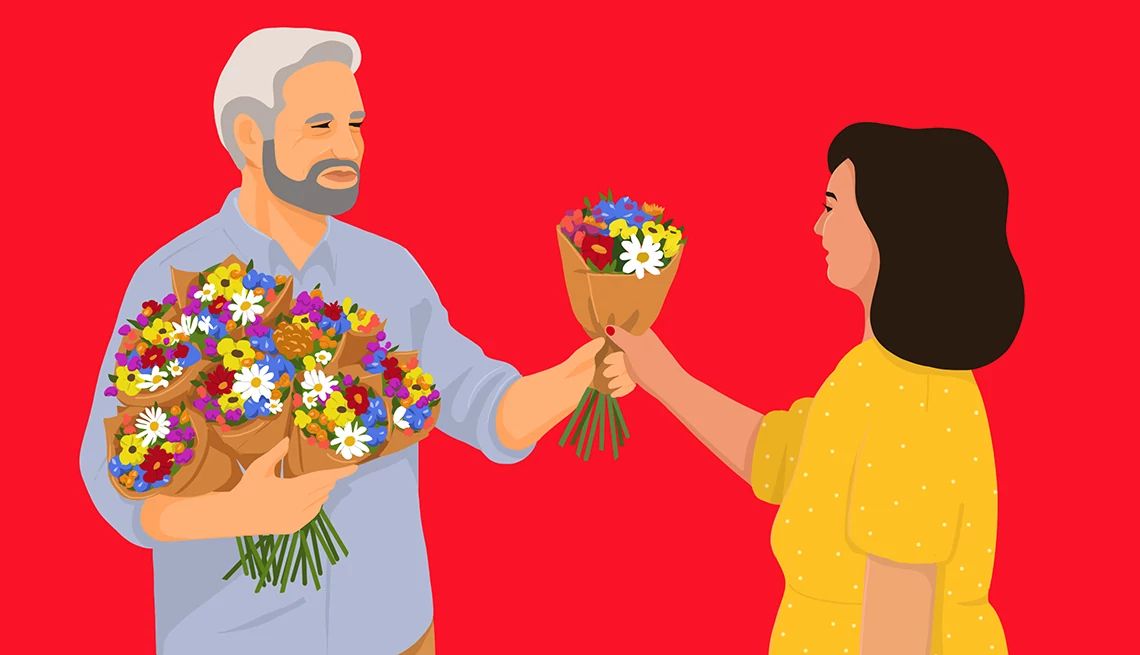AARP Hearing Center


I’ve dated a couple of men like our reader with this week’s question. They turn up the heat, get you hot and bothered — and then slam you with the big chill. Oof!
Turns out, it’s really common behavior for folks who are supercharged by “the chase.” What doesn’t seem to turn them on: making an intimate connection.
Here’s one who wants to change now that he’s in his 50s. Our experts want you to know: If you put in the effort to break the cycle, you can. Here’s how.
My last girlfriend accused me of being a serial dater — and I’m afraid she’s right. I love the chase, the romance, but when things get serious sexually and romantically, I back off and push the person away. What’s wrong with me? I’m a male in my 50s. Is it too late to break the cycle?
Licensed psychologist and certified sex therapist Rachel Needle sends you kudos. “The ability to reflect on our patterns without defensiveness — and to want something different — is a real sign of growth,” she says. “You’re not broken, you’re just ready to evolve.”


In the Mood
For AARP’s In the Mood column, writer Ellen Uzelac will ask experts your most pressing 50+ sex and relationship questions. Uzelac is the former West Coast bureau chief for The Baltimore Sun. She writes frequently on sex, relationships, travel and lifestyle issues.
Highs and lows. Just to be clear on what that pattern is, the love of the chase is a high, pure and simple, says certified sex therapist Shadeen Francis, adding that the following sentiments should sound familiar to our questioner when they are in the chase part of the relationship: “I want to get to know you.” “I want to be around you all the time.” “I can’t stop thinking about you.”
Feeling intense and powerful at the very beginning of a possible romance can be seductive and even a little addictive, says Francis, who is also a licensed marriage and family therapist. “We can get really attached to that kind of energy and want to hold on to it, but it’s unsustainable,” she explains. “Every high has a comedown.”
When the high wears off. Francis says that the “sober” elements of a relationship are about finding connection in the stillness, building intimacy, and expressing vulnerability and sharing. At this point, a relationship usually involves a level of commitment.
It’s also at this point that a person who likes the chase typically withdraws, Francis says.




































































You Might Also Like
In The Mood
Writer Ellen Uzelac asks experts your most pressing 50+ sex and relationship questionsHow to Tell If Someone Is Interested in Romance
If you haven’t dated in a while, it might be easy to miss (or misconstrue) the cues
Our Sexless Marriage Is OK, but I Miss Romance
A reader doesn’t mind the lack of intimacy but wants to be more than just married friends